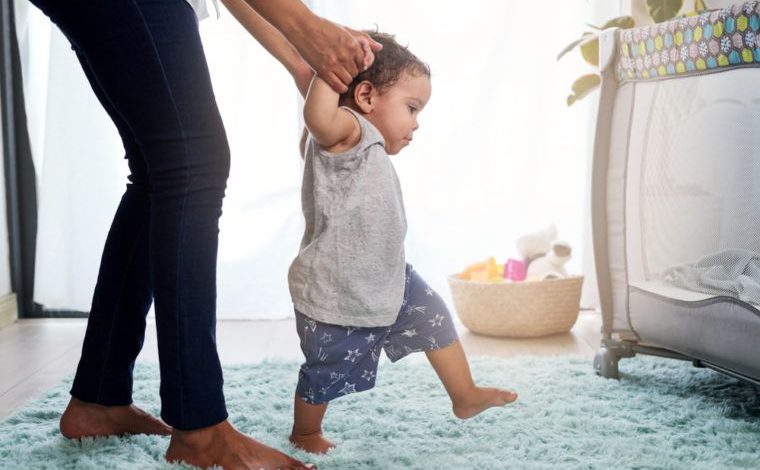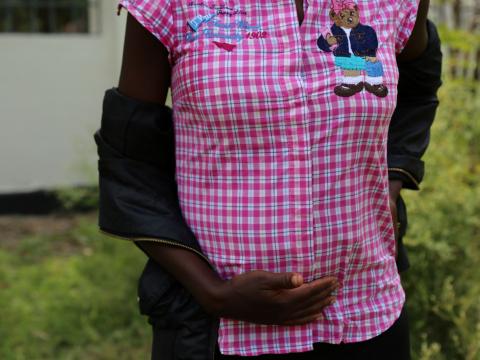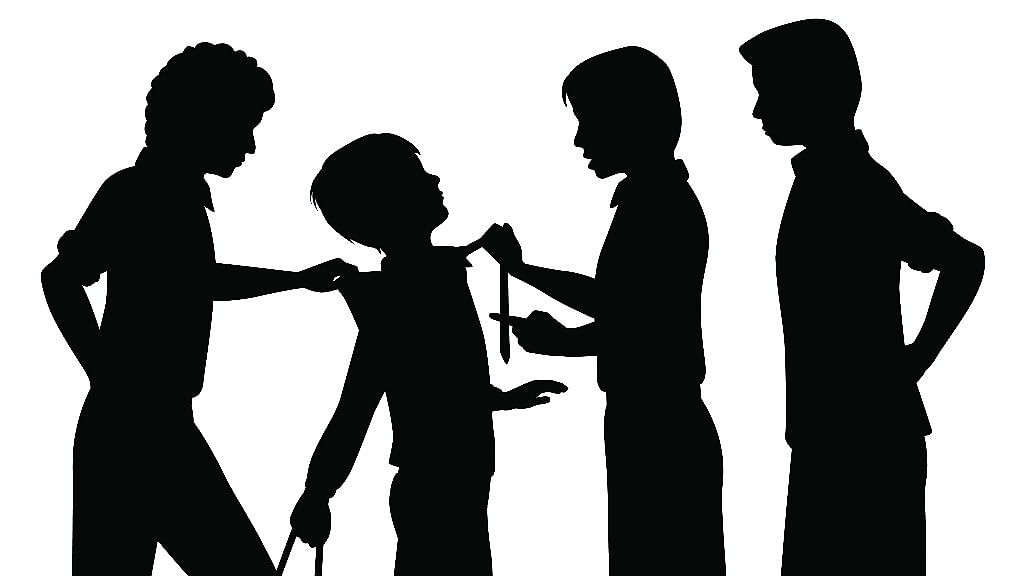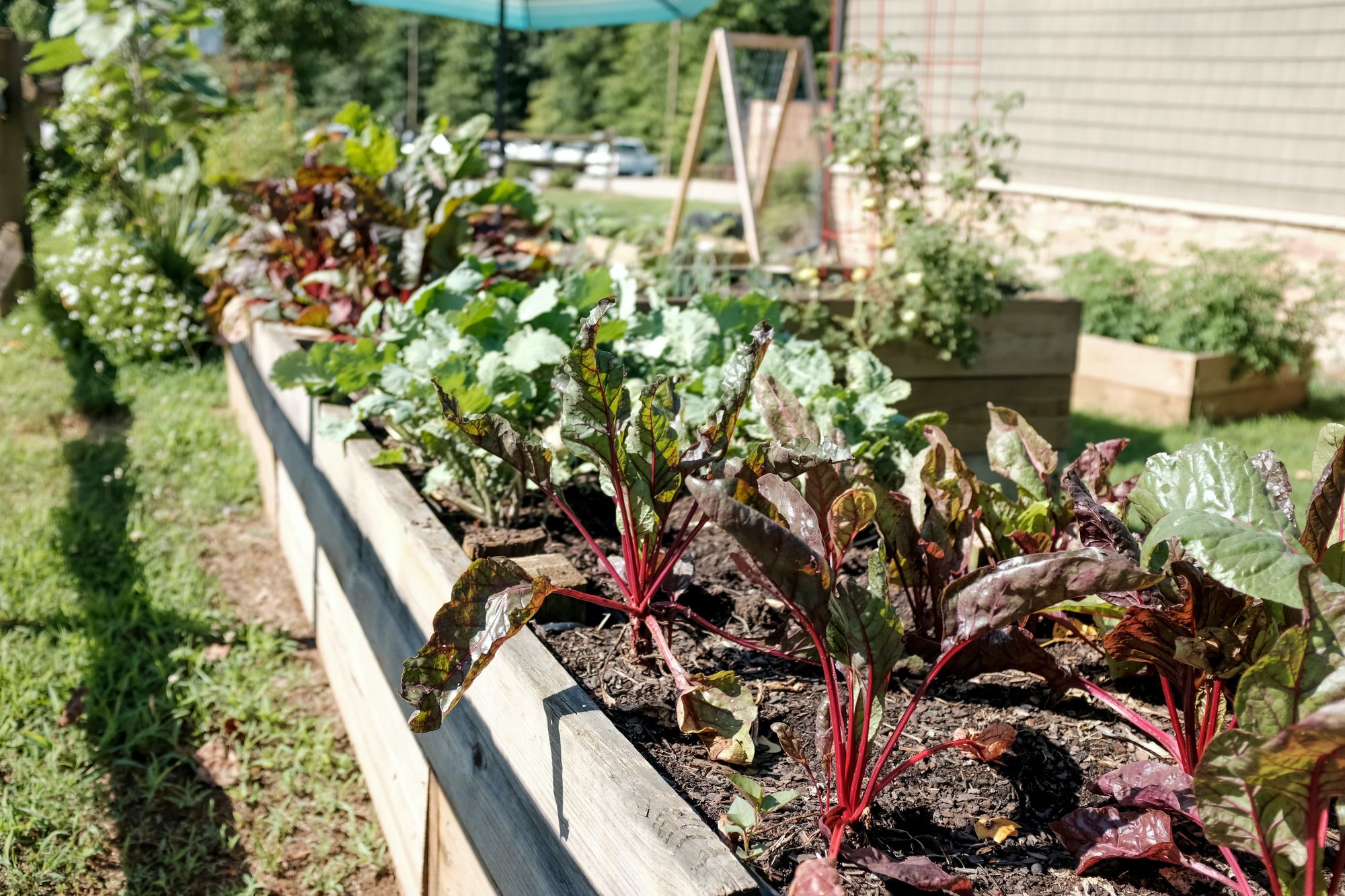Developmental milestones are tasks that most children can do by a certain age. Children are amazing learners when it comes to developing new skills, learning new vocabularies, absorbing information and learning important skills, and coordination to help develop speech and study social cues and emotional expressions. Studies indicate that 25 % of a child’s brain has already developed at birth, 75% by two years and 90 % by five years. However, children born prematurely may take longer to achieve developmental milestones as required.
Understanding developmental milestones helps parents effectively support children to develop a strong sense of confidence and determination.
Early childhood developmental milestones
Milestones are categorized into specific areas namely; physical, mental, emotional, social, speech and language, and motor development. These do not occur in a neat, linear fashion but vary from one child to another.
From birth to twelve months
During this period, the development of new abilities is rapid and requires stimulation. Children exhibit automatic responses to external stimuli such as turning their heads, acknowledging close objects, recognising certain smells, and smiling or crying to indicate a need. Other notable behaviours are:
- They calm down when spoken to
- Seems happy to see you
- Smile back when you talk
- Makes sounds other than crying
- Reacts to loud sounds
- Opens hands briefly and moves both arms and legs
- Make controlled head movements
- Copying some movements and facial expressions
- Tracking movement with their eyes
- Sitting with support
- Babbling and responding to their name
- Recognize faces
- Have favourite toys
- Picking up objects between thumb and index finger
- Pulling themselves to stand while holding on to objects
- Holding head up and pushes up while lying on tummy
- learning to roll from back to front and the majority can sit up by themselves.
Read also: Developmental delays in children: What you should know
One to two years
By one year, the child should be able to:
- Crawl confidently and move around exploring their surroundings
- Pick up objects
- Stand with support
- Use simple gestures
- May stand or take a few steps without support
- Initiate play
- Point at what they want
- Says several single words
- Eat with a spoon and drink from a cup
- Show excitement around others
- Repeat words or sentences often overheard
- Begin to sort shapes and colours
- run, climb, throw, stand on tiptoe. Most children start walking at this stage
See Also: What to do to understand your child better
The child also
- Is often shy or nervous with strangers,
- Has an increased desire to explore new objects, and people and show greater independence.
- Begins to show defiant behaviour
- Can recognize themselves in pictures or in a mirror
- Can imitate the behaviour of others
- Can recognize names of familiar people and objects
- Can form simple phrases and sentences, and follow simple instructions and directions.
Two to five years
During preschool years, children change into lively explorers, they become stronger and make great strides in thinking, reasoning and learning about letters, counting, and colours. In this stage they:
- Gradually learn to manage feelings
- Can walk up-stairs one at a time
- Kick a ball, can dress and undress
- Can hold a crayon and can write some lowercase and capital letters, draw a circle, stack one block on top of another, and use short sentences.
In this stage, the child’s motor skills are also refined. As a result, they:
- Can throw a ball skip and hop, stand on one foot
- They can also draw a person with features.
- They also exhibit temper tantrums and thumb sucking, and nightmares are common. Moreover, they show a wide range of emotions, show concern for others, follow instructions with two or three steps and play make-believe.
- In this stage, children enjoy trying new things and talking about their interests, know some basic grammar rules, and understand the time and the idea of counting. They can also speak clearly in full sentences
- Like singing and dancing.
- Use the toilet without help.
Conclusion
The best thing a parent can do to support the child in the growth and development of milestones is to show love and affection, provide healthy foods and a rich, safe and friendly environment, and spend quality time with them. Reading and talking help the child to learn a language and opens them up to new ideas. Teaching your child self-help skills and setting limits also helps them feel safe and secure, and allows them to explore.
The article was written by Dr. Catherine Gichuba, CEO and Lead Consultant at Regional Social Consultants Agency (RESCA).








